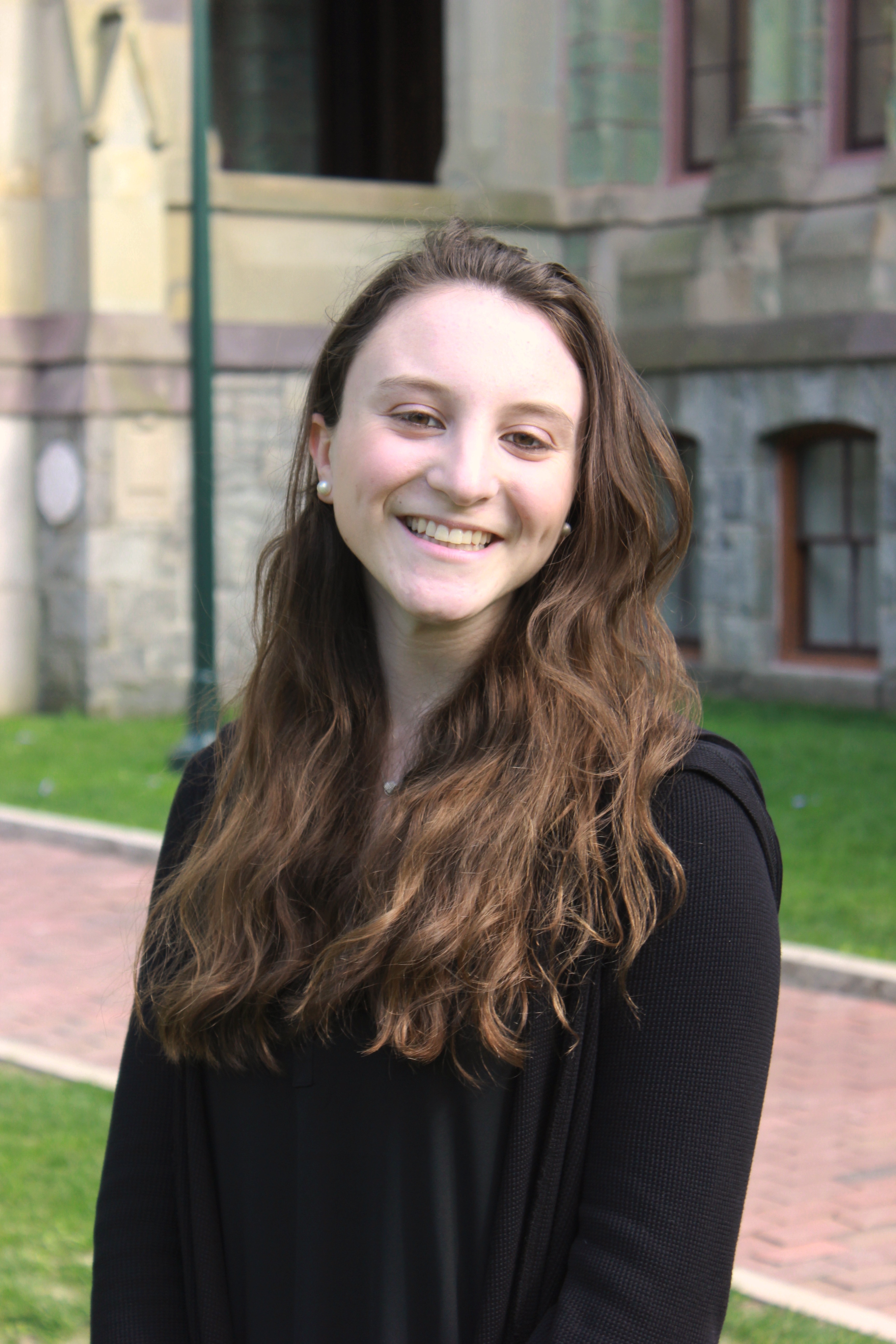The Cultural and Political Aspects of Infertility in Israel
In the only nation in the world to fund unlimited IVF, Alisa Feldman, C’18, investigates how providers communicate with patients.
Alisa Feldman, C’18, spent 13 years in Jewish day school before attending Penn, but never dreamed she would spend the summer before her senior year studying in vitro fertilization (IVF) practices in Israel. Her Honor’s thesis project, "Be Fruitful and Medicalize: IVF Risk Communication and the Politics of Assisted Reproduction in Israel” investigates how providers communicate (or don’t communicate) the risks of IVF to patients and the factors that shape those communications. The project has been garnering acclaim, winning Penn’s 2018 Carroll Smith-Rosenberg Award for a superior paper in the field of Gender, Sexuality, and Women's Studies; The Rose Undergraduate Research Award on the basis of the project’s quality, originality, independence, and contribution to the field; The Society of the College Prize from the History and Sociology of Science Department for the best thesis in the Health and Societies Program; and the Samuel and Esther Goldin Endowment Award, which recognizes an outstanding thesis or research paper in the field of Jewish Studies. It also earned her a coveted Fulbright Scholarship to continue her research after graduation.
A health and societies major with a minor in gender, sexuality, and women’s studies, Feldman was intrigued by the pronatalist or birth-promoting policies of Israel. It is the only nation in the world that pays for unlimited in vitro fertilization (IVF) treatments for all women, between ages 18 and 45, until they have two children. She was further piqued when reading the sociological and anthropological literature that suggested the tendency of Israeli providers to downplay the risks of IVF to their patients. She wanted to understand why, yet, Feldman says, there was no existing research on the factors that “shape providers’ perceptions of and communication with patients about the risks of IVF in Israel.” Feldman sought to fill this hole with her own research.
Backed by five undergraduate research fellowships and grants—the Andrea Mitchell Center for the Study of Democracy Research Fellowship, the Wolf Humanities Center Fellowship, the Goldfein Award for Research in Jewish Studies, the Gelfman International Summer Fund Research Grant, and The Seltzer Family Digital Media Award—Feldman spent the summer months in Israel. Fluent in Hebrew and armed with a strong background in Jewish studies and history, she met with and interviewed 21 IVF providers to find out how they communicate with IVF candidates and patients.
Feldman found that IVF providers often used pronatalist language or communicated with strong pronatalist undertones to discuss their desire to encourage patients to undergo IVF treatments. She explains, “Physicians are not immune to the influences of pronatalism and that became clear through my research. The Israeli cultural, political, religious, and social pressure to reproduce plays a role in shaping providers' perceptions and communication. They reflect a strong drive to encourage patients to reproduce.”
Ultimately, Feldman’s thesis posits that pronatalism contributes to the ways in which physicians perceive of and communicate with their patients about the risks of IVF in Israel. She will be conducting another sociological study on IVF and infertility in Israel next year—interviewing couples who have adopted or experienced infertility struggles—through her Fulbright Scholarship.
“My undergraduate research experience has been eye-opening for me,” comments Feldman. “I never realized how much my religious studies and linguistic background would benefit me in college and beyond. It’s been exciting to see it all come to fruition this way.”
Feldman was the Editor-in-Chief of the Penn Healthcare Review, a board member of the Wharton Undergraduate Healthcare Club, a board member of the University Assisted Physical Activity Student Leadership Program, and the community outreach director of Penn Art Club for Lea Elementary School. She also volunteered as a legal intake intern at the American Civil Liberties Union in Philadelphia.



